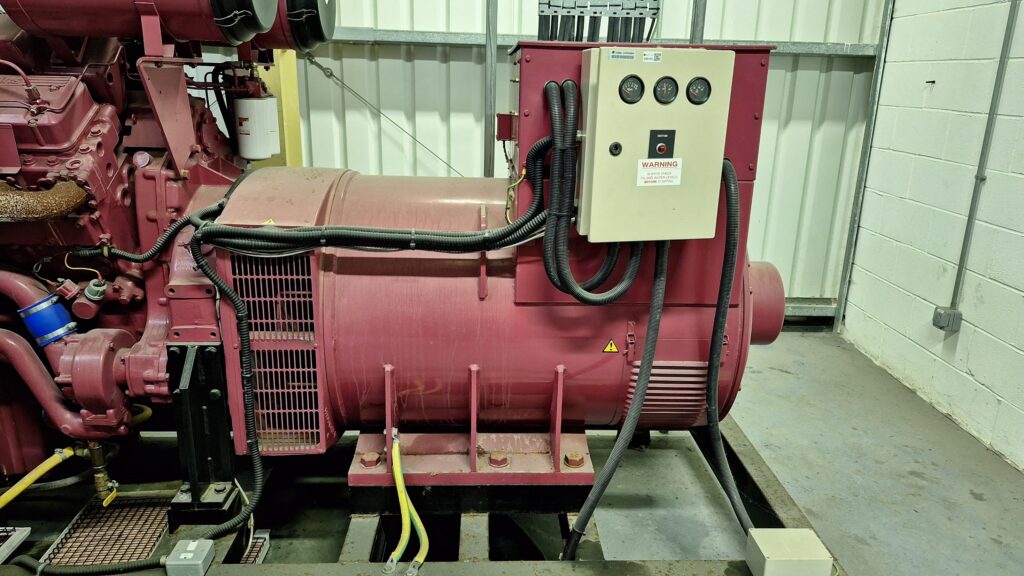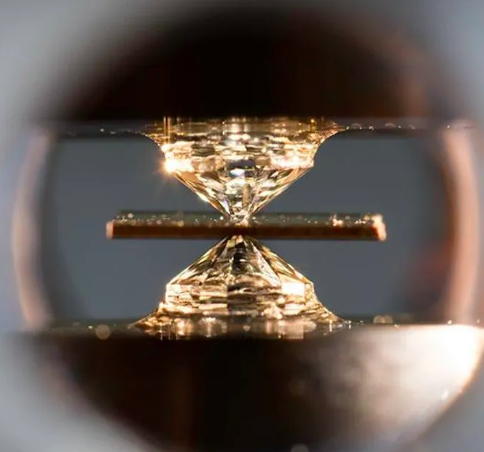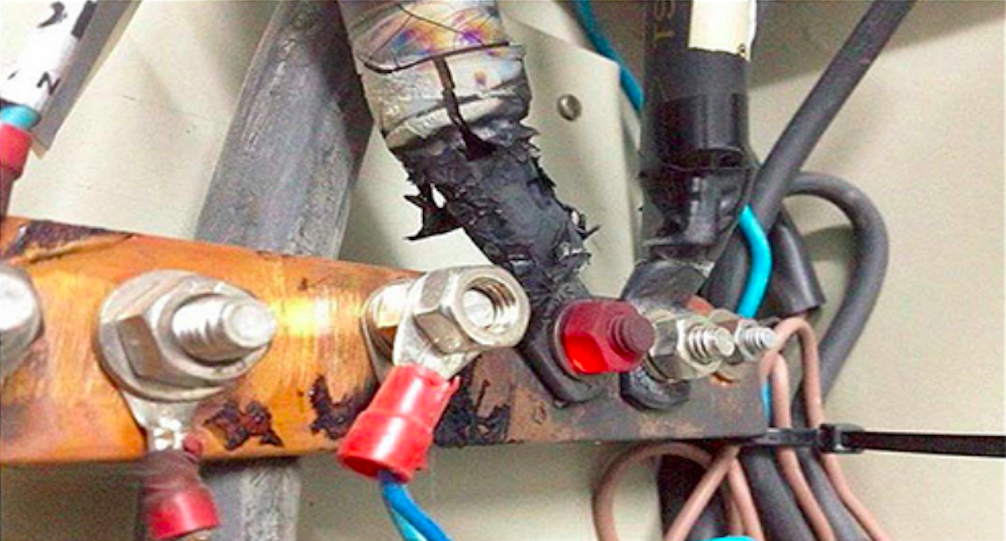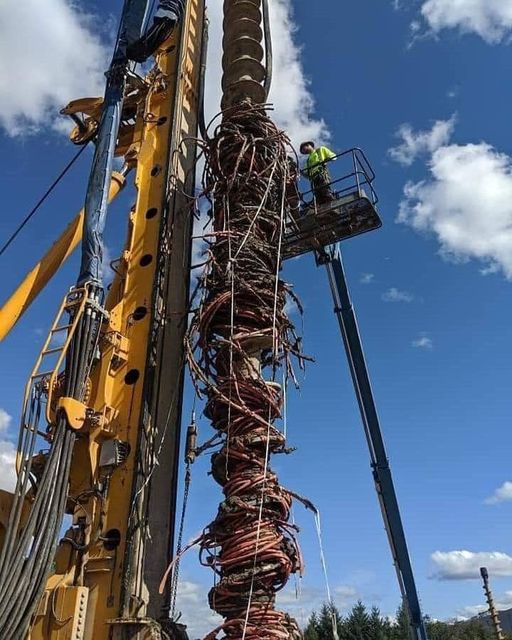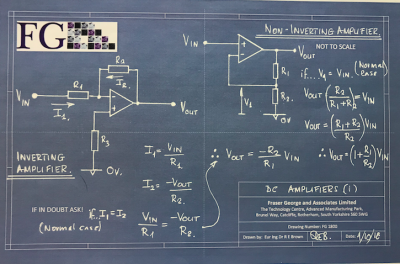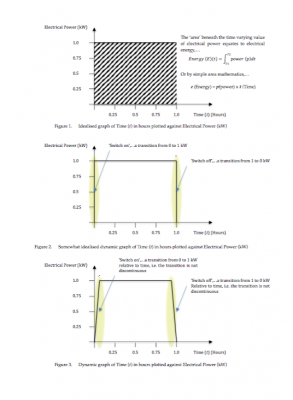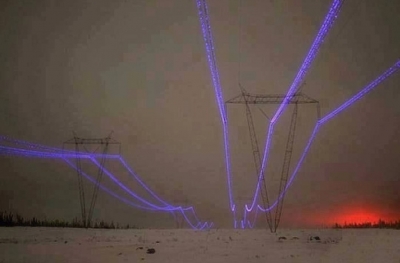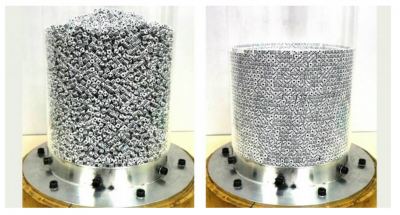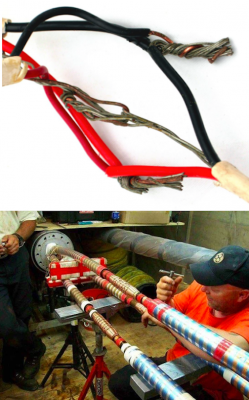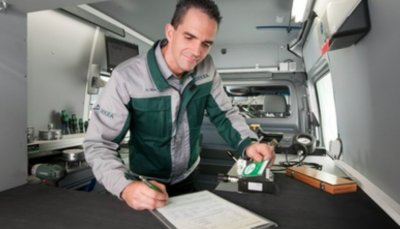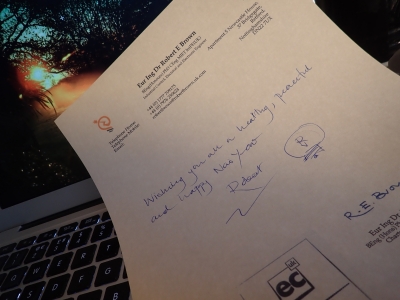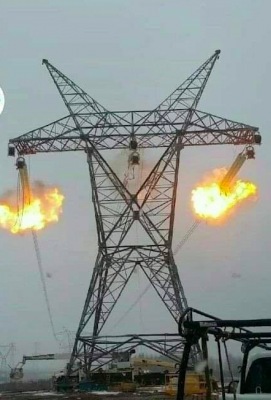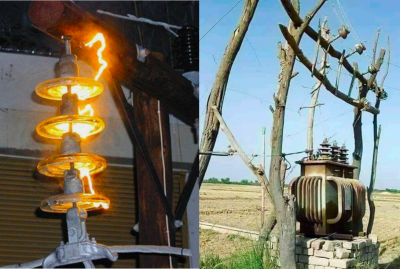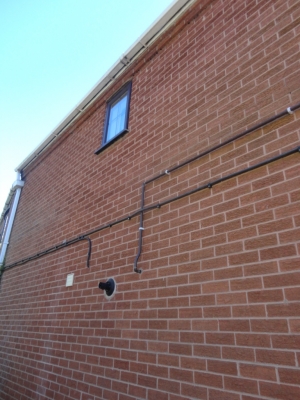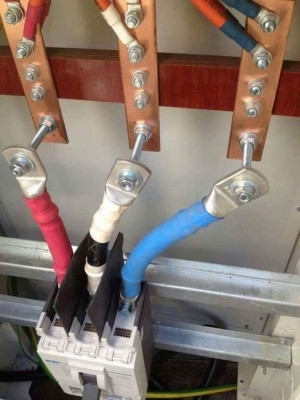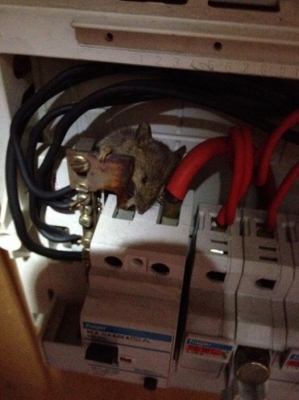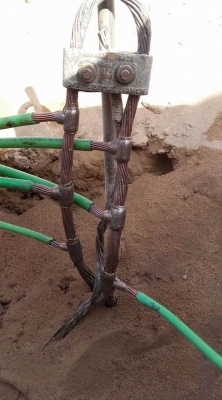Electrical Expert Witness? Electrical dispute? Do you require the services of an experienced electrical expert witness? CPR 35 expert report? Contact Fraser George !!
Short Circuits – What is a short circuit, how does a short circuit manifest and what are the consequences?
A short circuit (sometimes abbreviated to short or s/c) is an electrical ‘sub’ or ‘child’ circuit that abnormally evolves and allows an electrical current to flow along an unintended pathway.
Generally a short circuit will have a very low electrical impedance (resistance). The manifestation of a short circuit, results in excessive current flowing through the circuit which can provoke damage to the parent electrical circuit, overheating, fire or explosion.
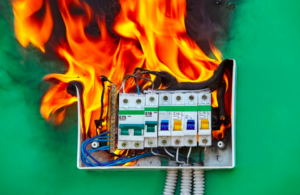
Although usually the result of an electrical ‘fault’, there are cases where short circuits are intentionally introduced, for example in the case of voltage-sensing crowbar circuit protectors.
An example of a short circuit occurs when the positive and negative terminals of a battery are connected with a low-resistance conductor, like a wire. With a low resistance in the connection, a high current will flow, causing the delivery of a large amount of energy in a short period of time.
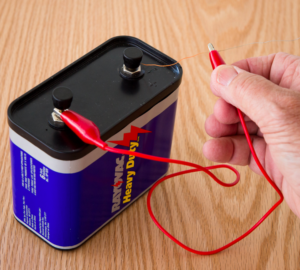
In electrical devices, unintentional short circuits are usually caused when the outer insulation of a cable or wire insulation deteriorates/breaks down or conductive debris or moisture (water) is introduced, allowing electrical current to flow along a different path than that intended.
Given the manifestation of a short circuit and the consequential increase in flow of electrical current, the circumstance will quickly trigger an overcurrent protection device, say a fuse or miniature circuit breaker (MCB).
A short circuit may lead to formation of an electric arc. This being a volume of hot gas referred to as a ‘plasma’. An electric arc is highly electrically conductive and can persist even after significant amounts of original conductor material (referred to as electrodes) has evaporated.
Surface erosion of conductors/electrodes is a typical sign of electric arc damage. Even physically short arcs can remove significant amounts of material from the electrodes. The temperature of the resulting electrical arc is very high (tens of thousands of degrees), causing the metal on the contact surfaces to melt, pool and migrate with the current, as well as to escape into the air as fine particulate matter.
About Dr Robert Brown:
Eur Ing Dr Robert Brown (Robert) is the Executive Director of Fraser George and Associates Limited and is a Consultant and Forensic Engineer in the fields Electrical Electronic and Control Engineering.
Robert is an accomplished professional Electrical Expert Witness having prepared and presented many court compliant reports and presented oral evidence within the High Court, Crown Courts and County Courts.
Robert is a registered Chartered Electrical Engineer, specialising in the fields are control engineering, parameter data capture and accurate data ‘representation’. Robert graduated from Sheffield Hallam University with a first class honours degree in Electronic Systems and Control Engineering and followed this by completing doctorate research in Electrical Engineering, again at Sheffield Hallam University where Robert undertook research studies in the field of Disintegration and Arcing in Electrical Fuses. Robert is now considered to be a leading world expert in the field of electrical circuit protection systems, the phenomena of electrical fuse operation and the attributes of clearing ‘fault’ electrical current circumstances. Robert has published my pure and applied research studies in peer-refereed journals and at conference.
In his spare time Robert is a Formula 1 motor racing enthusiast and enjoys outdoor activities especially hill walking and scrambling, golf and fishing. Robert is a brass band enthusiast, a tuba player and band manager of Hatfield and Askern Colliery Band. When time allows Robert also enjoys travelling and reading any books associated with travel and popular science.
Robert’s Curriculum Vitae:
https://www.dropbox.com/home?preview=CV+2023.pdf
Robert’s litigation specialisms:
https://www.dropbox.com/home?preview=Legal+Litigation+Specialisms+2023.+docx.pdf
Robert’s case portfolio:
https://www.dropbox.com/home?preview=Case+History+2023.pdf
Robert’s notable cases:
https://www.dropbox.com/home?preview=Notable+Cases+2023.pdf
For further information please contact Robert via;
Email,…robert.brown@frasergeorge.com or robertbrown@robertbrown.uk.com
Tel Land: +44 (0)1777 709175
Tel Mobile: +44 (0) 7976250624
https://www.facebook.com/Fraser.George.Electrical.Expert
https://www.facebook.com/EurIngDrRobertBrown
https://www.linkedin.com/in/consultantrobertbrown
https://www.linkedin.com/company/21539092
Websites: www.frasergeorge.com and www.robertbrown.uk.com
https://frasergeorge.com/contact-us/
#ElectricalExpertWitness, #ElectricalEngineerExpertWitness, #ExpertWitnessElectricalEngineer, #ElectricalExpert, #ElectronicExpertWitness ,#ElectronicExpert, #ElectricalShock, #ElectricalRegulations, #ElectricalStandards, #ElectricalConsultant, #ConsultantElectricalEngineer, #ConsultantEngineer, #ForensicEngineerElectrical, #ForensicElectricalEngineer, #ElectricalRegulationsExpert, #ElectricalStandardsExpert, #ExpertElectricalEngineer,


